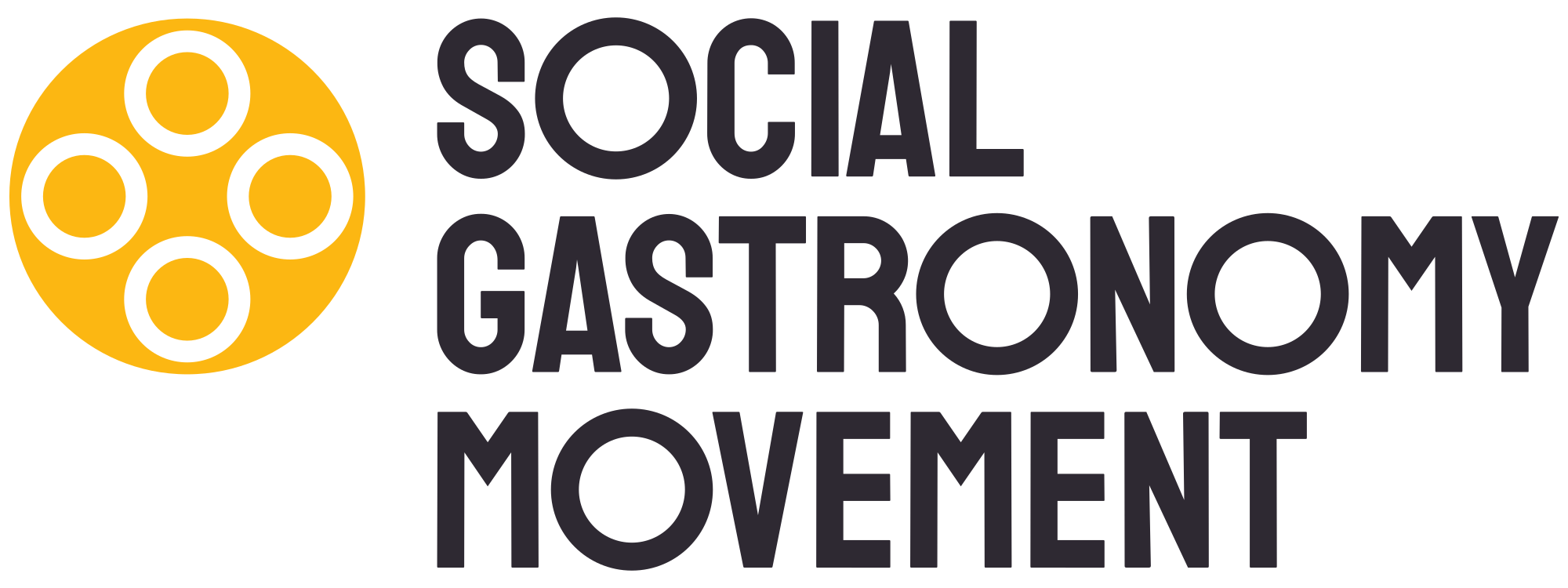UN Food Systems Summit
The UN Food Systems Summit is a people's summit. Centered on collective action, this year's summit is an international gathering of the world's leading scientists, policy-makers, food systems leaders, and local actors who will use their expertise to transform the way we produce, consume, and think about food.
This year's summit hopes to co-create meaningful solutions to guide our collective consciousness and foster sustainable action around global food systems. By identifying solutions and leaders, we will gather valuable knowledge and work towards the 2030 Agenda for Sustainable Development. To create a fairer, more sustainable future, we must all come together to align our food systems solutions with the Sustainable Development Goals at this year's Summit. We are all active participants in the food system. By coming together at this international summit, we have the power to inspire reform, discussion, and action that are beneficial for people and the planet.
This year, UN Secretary-General Guterres, will be hosting the UN Food Systems Summit, urging for collective action and bold initiatives around food systems. Join the Social Gastronomy Movement, governments, businesses, individuals, and NGOs in the effort to identify radical solutions to achieve the goals of the 2030 Agenda.
Independent dialogues convened by sgm
In partnership with Griffith Foods, SGM hosted a series of six Independent Dialogues around a theme of food and social innovation from April to July of this year. From seed to stomach, farm to table, these dialogues dove deep into both regional and local solutions to challenges across the food cycle. Curated with members of the Movement and facilitated by a diverse representation of food systems actors from various sectors, bringing everyone to the table.
There was unique dialogue for each of the 5 Action Tracks, planned dialogues include:
Migration & Nutrition
Preventing Food Waste
Looking back to move forward: Farmers & Sustainable Production
Restaurants of the Future
Building Resilience through Social Gastronomy Models
How you can get involved
Every person has an active role in local, regional, and global food systems. By getting involved in this year's summit, you have the power to use your role as a food systems actor to create tangible change! Here are some ways you can use food as a tool for global systems change:
Convene your own dialogue! All viewpoints are encouraged to have their voice heard at this year's summit. Read more on how to start a dialogue here.
Spread the word! The UN FSS team has created a social media toolkit full of media that you can share with your communities.
Stay up to date on Summit events by following them on social media. You can find their Instagram, Twitter, and Youtube here.
All citizens, around the globe, are encouraged to engage in the 2021 Food Systems Summit. We encourage you to join us in our upcoming Independent Dialogues that will inspire meaningful conversation around the FSS action tracks for a fairer, more sustainable future.
past Dialogues
aCTION tRACK 5: sTORIES OF rADICAL rESILIENCE
Key Ingredients in a Recipe for Building Resilience:
Community and finding a sense of belonging are central to resilience. While self-determination is a foundational quality of those who shared stories of overcoming challenges, we are stronger together. With a solid support system, role models, and a safe space for expressing vulnerability, we are able to grow organically and find a place where we not only survive, but we thrive.
Learning- it takes creativity and problem-solving skills to overcome any challenge- no matter how small. Many stories of resilience are inspiring not only because individuals have been able to teach themselves hard skills, but because they are on a path of continuous learning ****and are part of an environment that fosters it with care and attention.
Empathy is a crucial ingredient both for ourselves and our community. It can be found within ourselves, and when we have empathy for others, we become more resilient by proxy. When we do something to better the lives of those around us, it becomes easier to continue fighting for their futures. Commitment to a cause keeps us going and growing as humans.
aCTION track 2: The Power of SUSTAINABLE COLLABORATION MODELS TO CREATE CIRCULAR FOOD WASTE PRODUCTS
Main takeaways
We must engage all parts of the food system on a global scale to co-create food waste solutions.
Education is key in reconnecting people with the value of food and democratizing the food system.
A system of accountability and transparency will help foster equitable networks and sustainable change.
We must empower the youth and marginalized communities to be active in farming and food system change.
aCTION TRACK 4: "Restaurants of the Future The Powerhouse for inclusion, prosperity, and resilience"
Missed the dialogue? Watch the introduction and harvesting of outcomes
Main takeaways:
1.- Education is key.
2.- Build, foster & promote open innovation and collaborative ecosystemsto find cross-sectorial solutions. We need a trans-disciplinary approach to tackle each challenge (government, business, academic, private sector, etc.)
3.- Ethical values (to be accountable for your actions) as a source of competitive advantage and organizational efficiency. Let's build more transparent cultures.
4.- Redefine efficiency holistically. It's not only about financial outcomes- we need to embrace ecological and social KPI as a fundamental component of business models (ESG)
Action Track 3: Engaging Farmers in Nature-Positive Production
On Wednesday, May 26th, SGM convened a UN Food Systems Summit Dialogue on Action Track 3. "Looking Back to Move Forward" was the second in our series of independent dialogues for the UN Food Systems Summit, convened in partnership with Griffith Foods.
Breakout rooms welcomed divergence and were guided by principles of respect and active listening. Topics included the Corporate Takeover of the UN Food Systems Summit and Power Dynamics in the Food System, Engaging Youth in Farming, and Decolonizing our plates.
Together we listened, we learned, and we identified some action points that will move us forward as a movement, as a community, and as global citizens. We brought critical questions and ideas to inform the future of farming while honoring the family farmers and indigenous communities that have been practicing agroecology for eons.
Check out the Miro Board of outcomes here
“It is unacceptable that hunger is on the rise at a time when the world wastes more than 1 billion tonnes of food every year. It is time to change how we produce and consume, including to reduce greenhouse emissions. Transforming food systems is crucial for delivering all the Sustainable Development Goals. As a human family, a world free of hunger is our imperative.”






